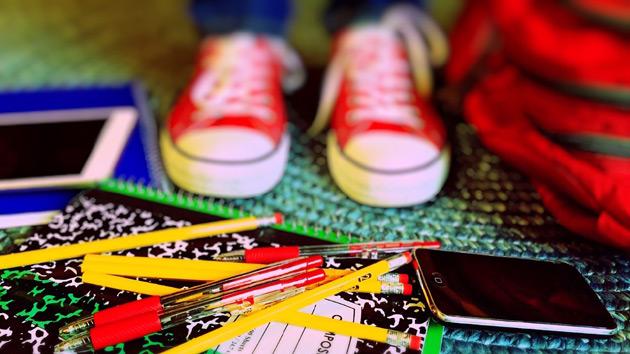Amnesty International and European Roma Rights Centre: Situation for Romani children in Slovakia is not improving

According to non-governmental human rights organizations, Romani children in Slovakia are being systematically denied their right to education and to protection from discrimination in education. Most of these children are segregated into all-Romani classes or all-Romani schools or into “special schools” intended for children with “mild mental disability”, warn Amnesty International (AI) and the European Roma Rights Centre (ERRC) in a joint report.
“Romani children find themselves in a trap, a vicious circle of desperation, marginalization and poverty almost two years after the European Commission began infringement proceedings against Slovakia for violating EU legislation because of its discrimination and segregation in education,” said ERRC president Ðorđe Jovanović. In the five-million strong country of Slovakia there are more than 400 000 Romani people, according to previous studies.
That estimated number is almost four times the number recorded by the 2011 census. Most Romani people reside in settlements in central and eastern Slovakia, frequently in substandard hygienic conditions.
According to the NGOs, segregation in Slovakia very often begins from the very beginning of school attendance, when Romani children are frequently assesed as unprepared for compulsory education and enrolled into so-called “zero year” cohorts. The organizations have also pointed out that dozens of Romani children have had their intellectual capacity incorrectly diagnosed.
AI and ERRC allege that amendments to the law designed by Slovakia in reaction to the European Commission’s reproaches have not changed the situation. “The education system in Slovakia is, from the beginning of a child’s educational career, biased against Romani children. It predetermines them to proceed along a depressing, narrow path that just leads to further deterioration of the situation and supports prejudices and racism against Romani peple,” said John Dalhuise, director of Amnesty International for Europe and Central Asia.
The organizations are recommending that the Slovak Government design a national plan to combat the discrimination and segregation of Romani children in compulsory education and announce a moratorium on enrolling Romani children into classes for persons with “mild mental disability”. Their report focused on four localities in eastern Slovakia where the proportion of Romani people in the population is among the highest in the country.
The education that Romani pupils receive in segregated or “special” classes and schools is of such a low quality that very few graduates are able to qualify for further education after completing their compulsory school attendance, according to the report. In 2012 the Slovak courts banned the creation of special classes just for Romani children in a school in the east of the country.
The AI and ERRC report that four years after that judgment the number of all-Romani classes in Slovakia has almost doubled, a phenomenon that has partially been caused by majority-society parents transferring their children into different schools in reaction to the court decision. The entire report by AI and ERRC can be read here.
